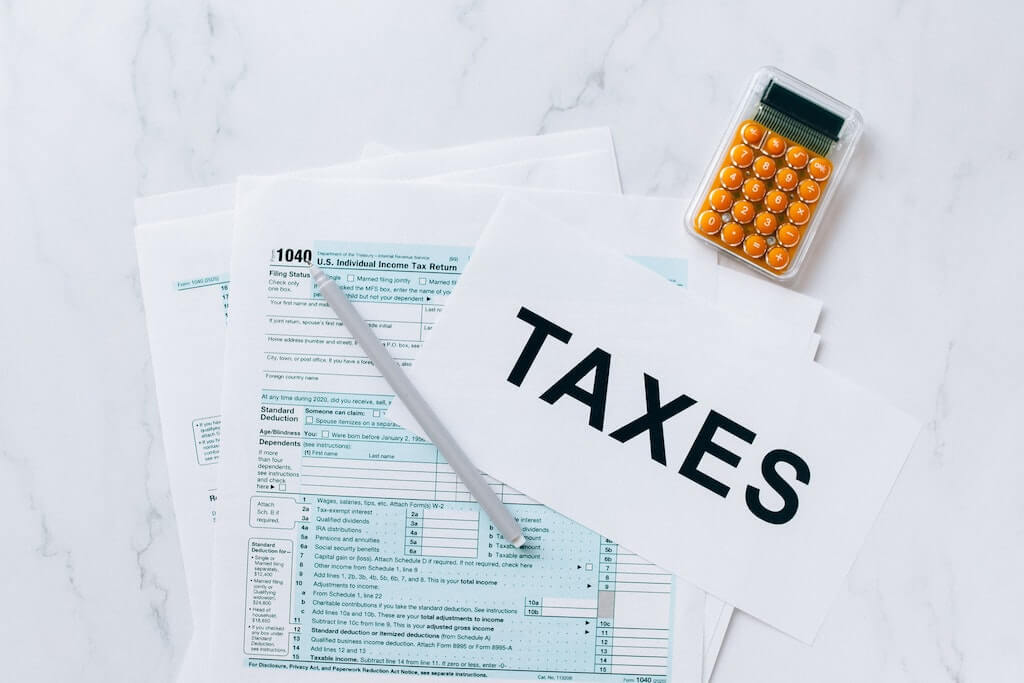A Complete Guide to Single Net Leases
- What is a Single Net Lease?
- How Does a Single Net Lease Work?
- What are the Pros of Using a Single Net Lease?
- What are the Cons of Using a Single Net Lease?
- Single Net Lease vs Double Net Lease
- Single Net Lease vs Triple Net Lease
- When to Use a Single Net Lease
- When Not to Use a Single Net Lease
- Tips for Investing in a Single Net Lease
- Seek Guidance from a Commercial Real Estate Broker


When you’re considering investing in a commercial property it’s important to understand what type of lease is in place. This will impact how involved you are in the day-to-day management of the property, so you’ll need to choose leases that fit your business model.
A single-net lease is one of the more common leases you’ll run into in commercial real estate. In this guide, we’ll go over how this lease works, the pros and cons of using it for your properties, and how it compares to other lease types.
Keep reading to learn everything you need to know about single net leases.
What is a Single Net Lease?
A single net lease (also known as a net lease or N lease) is an agreement where the tenant is responsible for paying the property taxes, in addition to their monthly rent. The landlord then pays for the insurance and any maintenance and repairs that are required.
How Does a Single Net Lease Work?

As a landlord, you can collect rent for all your commercial tenants. However, depending on your lease you may also be able to bill them for additional expenses. These are known as the three nets: property taxes, insurance, and repairs and maintenance.
With a single net lease, the tenant is responsible for paying one of the nets. In this case, the property taxes. The amount the tenant pays depends on the agreement. Their portion of the property taxes may be included as part of their rent, or it might be a separate payment that fluctuates depending on changing tax rates.
In multi-unit buildings, the portion of the taxes a tenant pays is usually determined based on the size of their unit. For example, if a tenant is renting half the property they’ll pay half the taxes and the other tenants will cover the rest.
Because tenants who have a single net lease are responsible for an additional cost some landlords choose to reduce the amount of monthly rent they owe. However, this is totally up to the landlord and is negotiable just like every other component of a lease.
What are the Pros of Using a Single Net Lease?

A single net lease provides you with two main benefits:
Increased Profits: You don’t need to use your tenants’ rent to pay your property taxes, so you can keep more of it as profit.
You’re Protected Against Tax Increases: If your local area decides to increase taxes you simply pass the added expense on to your tenants. This means your income is unaffected when taxes go up.
What are the Cons of Using a Single Net Lease?
While a single net lease does have its benefits there are some downsides for landlords:
You Need to Be Hands-On: Even though your taxes are covered there are still many other costs you’re responsible for. This type of lease also requires you to actively manage the property.
Maintenance and Repairs: The most time-consuming part of owning a commercial building is dealing with the maintenance and repairs. With a single net lease, you either need to manage this yourself or hire someone to do it for you.
Not Protected Against All Costs: Insurance hikes and unexpected repairs happen, and it will be up to you to pay for them. If you don’t properly budget for this it will eat into your profits.
Single Net Lease vs Double Net Lease
A double net lease is similar to a single net lease, except that the tenant also pays for the property insurance in addition to the taxes. The landlord is responsible for all the repairs and maintenance. Like property taxes, the amount the tenant contributes to insurance is usually proportional to the size of their unit.
Double net leases are a little more common than single net leases, as landlords have another cost covered for them. With a double net lease, you’re protected against increases to both your taxes and insurance, which allows you to keep even more profits from the rent you collect.
Keep in mind though that the more additional charges you add the less your tenants will expect to pay in rent. Again, this is negotiable but it’s something to keep in mind.
Single Net Lease vs Triple Net Lease

As the name implies, a triple net lease requires tenants to pay for all three nets: property taxes, insurance, and repairs and maintenance.
With this type of lease, virtually all the responsibility falls on the tenant, allowing the landlord to be more hands-off. So, if you’re looking to invest in a property but aren’t interested in actively managing it, this is likely the right lease for you.
When compared to a single net lease, a triple net lease favors the landlord much more. As such, it’s the most common type of lease in commercial real estate.
When to Use a Single Net Lease
If you find yourself in a position to negotiate a lease with a tenant you may be wondering what type of lease you should use.
A single net lease might be for you if you want to have more control over how the property is run. While having to look after repairs and maintenance is a big responsibility it allows you to make sure things are done your way and on your schedule.
With that being said, if you want to take a more active role in managing your property a double net lease is probably a better choice. This lease allows you to control how the property is managed while also providing the additional benefit of having your property insurance covered for you.
When Not to Use a Single Net Lease

If you don’t want to be responsible for the day-to-day management of the property then a single net lease isn’t a good idea.
With a single net lease, you still need to collect payments, pay the property insurance, schedule maintenance tasks, and deal with unexpected repairs. You’ll either have to do all this yourself or hire a property manager, which is another expense.
For those who are more interested in investing in properties rather than managing them, a triple net lease is a much better choice. With this lease, you can mostly leave everything up to the tenants. This frees you up to spend your time on other areas of your business.
Tips for Investing in a Single Net Lease
Are you looking at a property that has a single net lease? Here are some things to consider:
What’s included in the lease? Every lease is a little different. There may be additional clauses in the lease other than the ones described in this guide. Make sure you read through the lease and understand all of your responsibilities.
What condition is the property in? Since you’ll be responsible for all repairs and maintenance it’s important to understand what you’re getting into. Inspect the property so you have a good understanding of the amount of upkeep that’s required. Generally speaking, the older the property is the more expensive it will be to maintain.
How much work are you willing to take on? Managing a property with a single net lease is a lot of work, so be honest with yourself about how much you’re willing to do. If the responsibilities outlined in the lease seem like too much, and you’re not prepared to hire a property manager, then the investment probably isn’t for you.
Seek Guidance from a Commercial Real Estate Broker
As you can see, understanding your commercial real estate lease is extremely important. Some leases are more complicated than others, so it’s a good idea to have another set of eyes to ensure nothing is missed.
A commercial real estate broker will help you review the lease for any property you’re considering investing in. They’ll be able to clearly outline all of your responsibilities to help you decide if the property works for your business.

Thank You!
We will contact you as soon as possible.
Be the First One to Know about the
Off-Market Opportunities
Sign up to receive real estate insights and tips direct to your inbox and get exclusive access to investment opportunities.